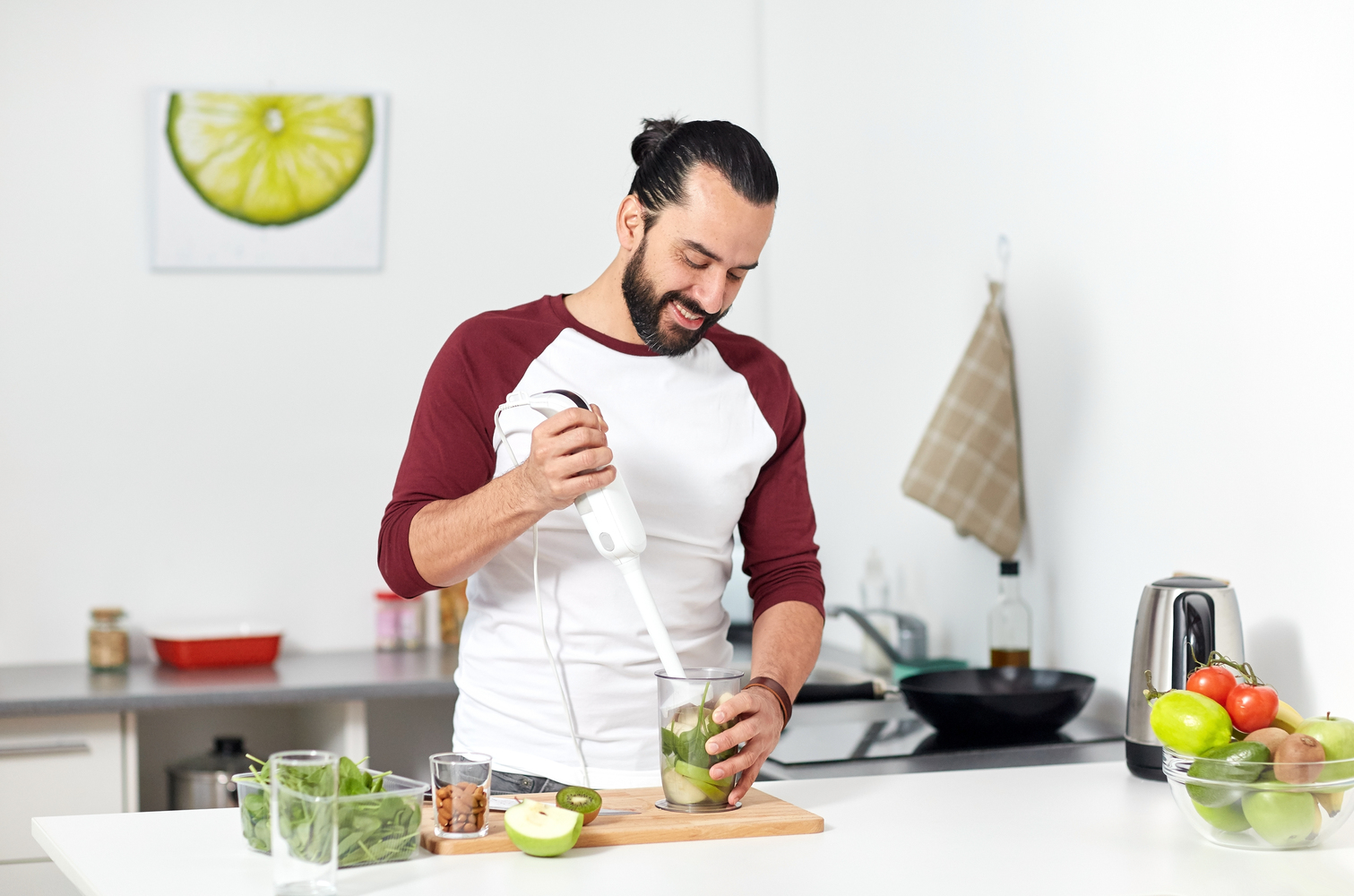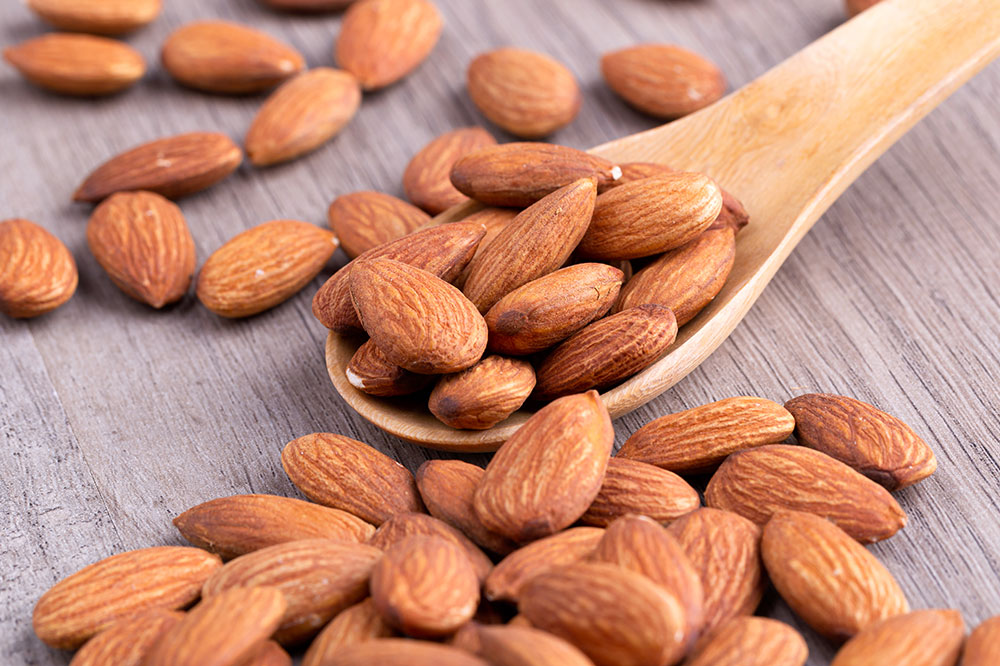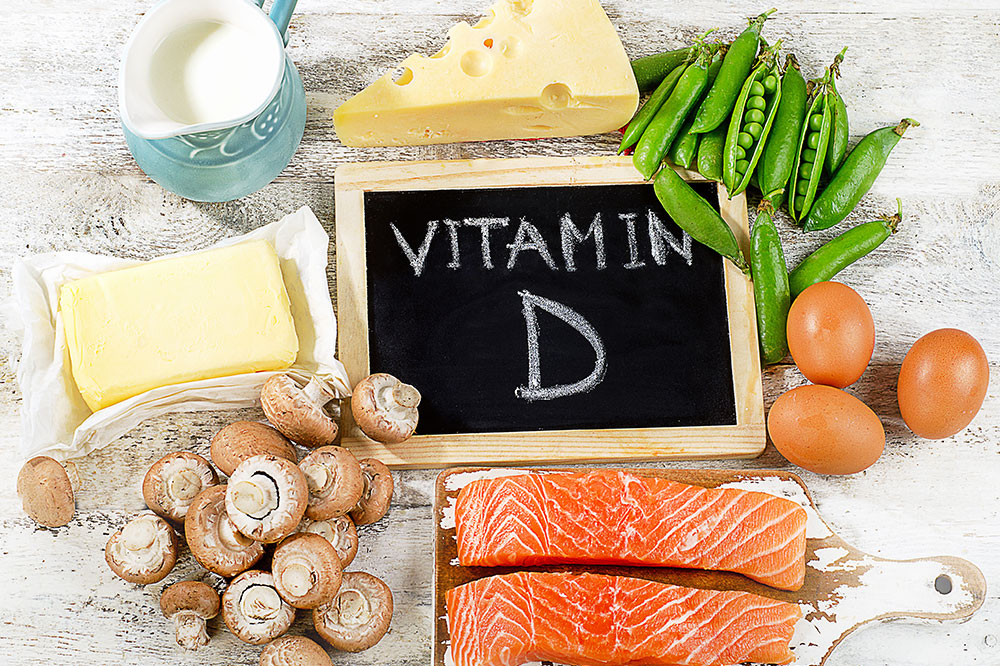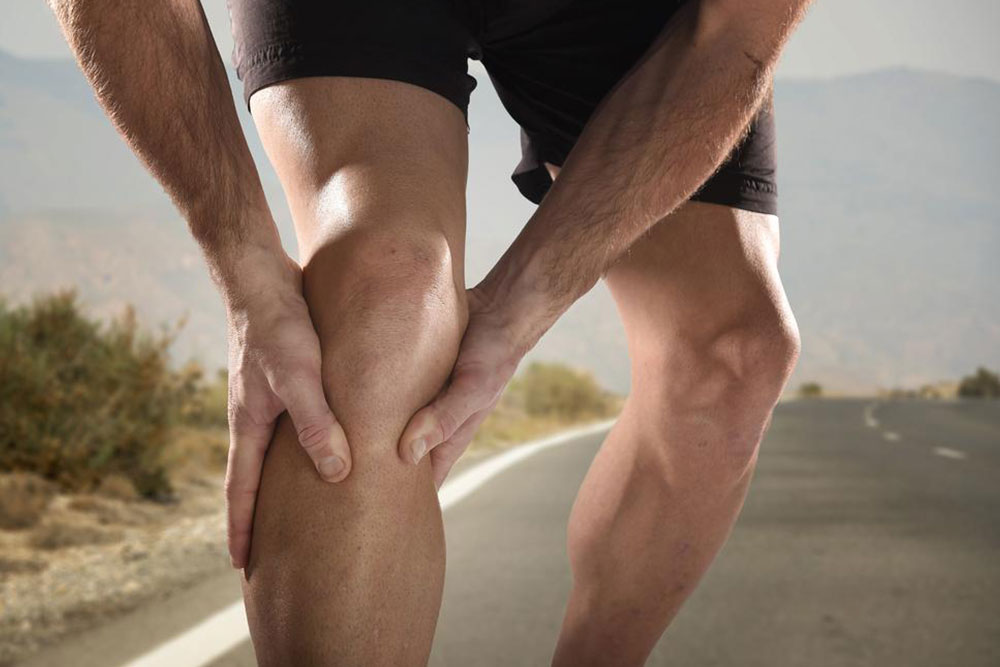Nutritional Tips to Reduce Excessive Sweating Naturally
Discover effective nutritional strategies to manage and reduce excessive sweating. Learn which foods trigger sweating and how to incorporate hydrating, calcium-rich, and fiber-filled options into your diet. Consulting healthcare professionals is advised for persistent concerns, but these tips can naturally help control perspiration and improve comfort.
Smart Dietary Strategies to Minimize Overactive Sweating
Normal sweating helps regulate body temperature and is triggered by heat, physical activity, or stress. However, excessive sweating can be linked to certain lifestyle and dietary habits. Recognizing your personal triggers can help manage this condition effectively.
Foods that Promote Over-Sweating
External conditions like weather also influence sweating, but certain foods can amplify the problem. Key dietary culprits include:
Spicy Foods
Spicy dishes stimulate receptors that increase body heat, prompting more sweat as the body attempts to cool down. They also boost metabolism, making the body work harder to maintain balance.

Studies reveal that spices activate sensors that lead to increased body temperature and sweating. Additionally, spicy foods accelerate metabolic activity, causing the body to produce more heat and sweat.
Caffeinated Drinks
Coffee, whether morning, after lunch, or late at night, is a common factor in excessive sweating. Caffeine stimulates the central nervous system, raising core temperature signals to the brain and triggering perspiration.
Drinking coffee increases sweat production because it signals the brain that the body is hot, leading to cooling responses.
Raw Plant-Based Foods
Raw fruits and vegetables are nutritious but require more internal effort to digest. This enhanced metabolic activity can lead to increased heat and sweat. Many high-vitamin plant foods stimulate metabolism, which may cause additional perspiration.
Lean Proteins
Red meats are often linked to excess sweating, but lean options such as fish, turkey, and chicken require more energy to digest, temporarily boosting metabolic heat and sweat production.
Alcoholic Beverages
Alcohol causes blood vessel dilation (vasodilation), leading to easier sweat release from enlarged pores. Excessive drinking can exacerbate sweating; moderation can help manage this effect.
Foods and Drinks to Help Control Excessive Sweating
Incorporate these into your diet to help reduce sweating:
Hydrating Water Intake
Staying well-hydrated with water helps the body maintain its temperature and prevents excessive sweat caused by dehydration. Regular hydration throughout the day is crucial.
Fruits and Vegetables Rich in Water
Watermelon, cucumber, lettuce, celery, tomatoes, spinach, kale, and carrots are high in water content, helping keep you hydrated and cool. Other hydration-rich fruits include apples, oranges, pineapples, strawberries, and melons.
Foods High in Calcium
Calcium helps regulate internal temperature and reduces excessive sweating. Include dairy products, dark leafy greens, sardines, soybeans, and fortified grains in your diet. A glass of fresh orange juice is also beneficial.
Oatmeal
Oats are high in fiber and easy to digest, which helps maintain stable body temperature and reduce sweating. They act as a natural antiperspirant by supporting efficient energy use without overheating the body.
Always consult a healthcare professional if excessive sweating persists. These dietary strategies can vary based on individual conditions, and medical advice should be sought for persistent issues.
Note:
Our blog provides diverse information meant for general guidance. While research-based, these articles aren’t substitutes for professional medical advice. For persistent or severe symptoms, please consult a healthcare provider. The site may not cover all offers or schemes relevant to the topic.










